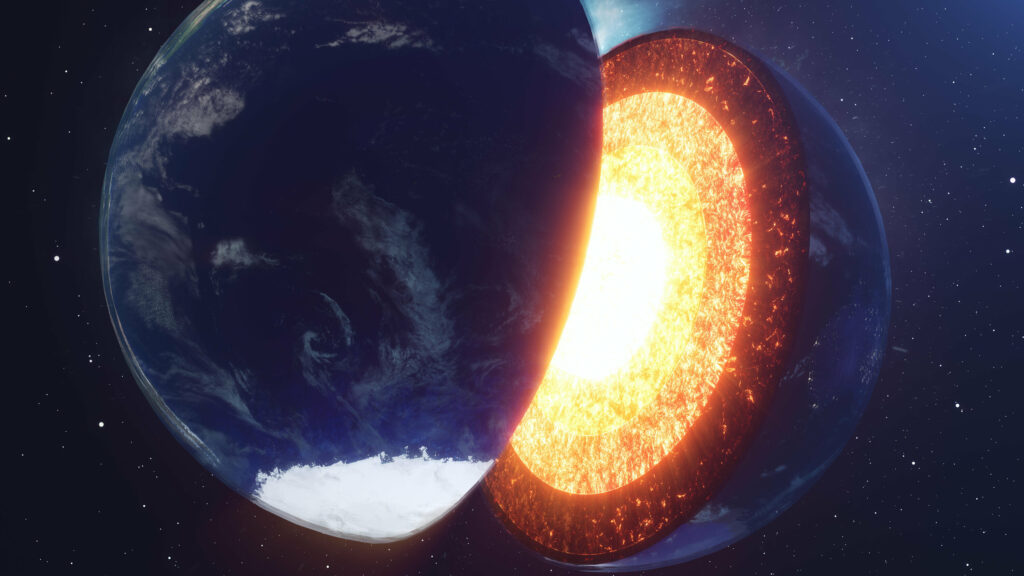Mind you when it comes to settled climate science there’s a surprising amount of new stuff being discovered here on Earth as well. Thus Judith Curry points to a Washington Post piece about the late great peat that blared “An enormous missing contribution to global warming may have been right under our feet”. As you know, when it comes to climate science, it is at least settled that any new discovery must make things worse, so “Long before the era of fossil fuels, humans may have triggered a massive but mysterious ‘carbon bomb’ lurking beneath the Earth’s surface, a new scientific study suggests. If the finding is correct, it would mean that we have been neglecting a major human contribution to global warming — one whose legacy continues.” And that a bomb went off and we missed it. Which does again raise the pertinent question of when man-made warming began… and how bad it is.
The Post piece is full of the usual ignorant hooey, not to put to fine a point on it. For instance “Carbon dioxide can stay in the atmosphere for hundreds or even 1,000 years, meaning that peatland conversions from long ago, even before we began large-scale burning of fossil fuels, can still be affecting the planet.” Why would CO2 stay in the atmosphere for a thousand years? How much of it does so? What happened to the carbon cycle? And who cares how long some particular molecule has been hanging around refusing to get sucked into a leaf? The point is the overall level not the vintage. But back to the peat.
Apparently peat bogs punch above their weight when it comes to storing carbon, about 10 times as much as your ordinary boring patch of dirt. And thus its contribution due to human conversion of those bogs into farmland: “‘It is almost 10 percent of the carbon that humans have emitted by burning fossil fuels since 1850,’ said Philippe Ciais, a co-author of the study and a researcher with the Laboratory of Climate and Environmental Sciences.” Which raises a very interesting point.
Well, several. For instance, are they now saying the human contribution to warming began in 1850? If so it would solve the awkward problem of why temperatures have been rising since then, at the expense of raising the awkward problem of the decline in the mid-20th century. But it would also require that the climate be exceptionally sensitive to the minor amounts of GHGs humans emitted in what the Post calls “Long before the era of fossil fuels” although apparently much of the conversion happened in the very early 20th century whereas John D. Rockefeller’s Standard Oil, founded in 1870, had progressives in a snit by 1890 over its massive size, suggesting someone was buying the stuff.
We are not just playing games here. We are pondering major questions that cut across the whole climate debate. For instance on his “Carbon Brief: Clear on Climate” Zeke Hausfather insists that “scientists think 100% of global warming is due to humans” and, what’s more, that “Since 1850, almost all the long-term warming can be explained by greenhouse gas emissions and other human activities.”
Yes, almost all. Since 1850. Is that what everyone thinks, the science being settled? Is it what the 97% consensus is about? If not, is Hausfather in the 3%? Is he a “denier”?
That the world has in fact been warming since 1700, long before CO2 started rising at all, let alone human CO2, is another point that might get attention in a real debate. But Hausfather is quite serious that humans took over around 1850, though he leans hard on a supposed 20th-century increase in aerosols to make it work, an increase we recently discovered seems not to have happened.
What he thinks of the Medieval Warm Period is not clear from his piece; probably not much. But he does think that “The net climate effect of land-use changes since 1850 is a modest cooling.” So somebody better tell him about poor peat.
The Washington Post story does concede, in a situation where it’s hard to deny, that the science is not settled. But only as cause for alarm, exactly as when it is. “The new finding of an ‘ignored historical land use emission’ suggests that even now, we lack a complete understanding of how the Earth’s land surfaces are driving and modulating the warming of the planet. That’s troubling, since the use of land to trap and contain greenhouse gases is set to play a critical role in the Paris climate agreement.”
So we don’t know what’s happening or what to do. Except we know we should panic. As usual. Thus let us end here with an h/t to Climatism, which some years back reproduced an indignant 1871 Pall Mall Gazette item (original here) denouncing fools who not only claimed the weather was doing stuff it never used to do, but that humans were causing it, in this case causing droughts through deforestation.
Plus ça change.


